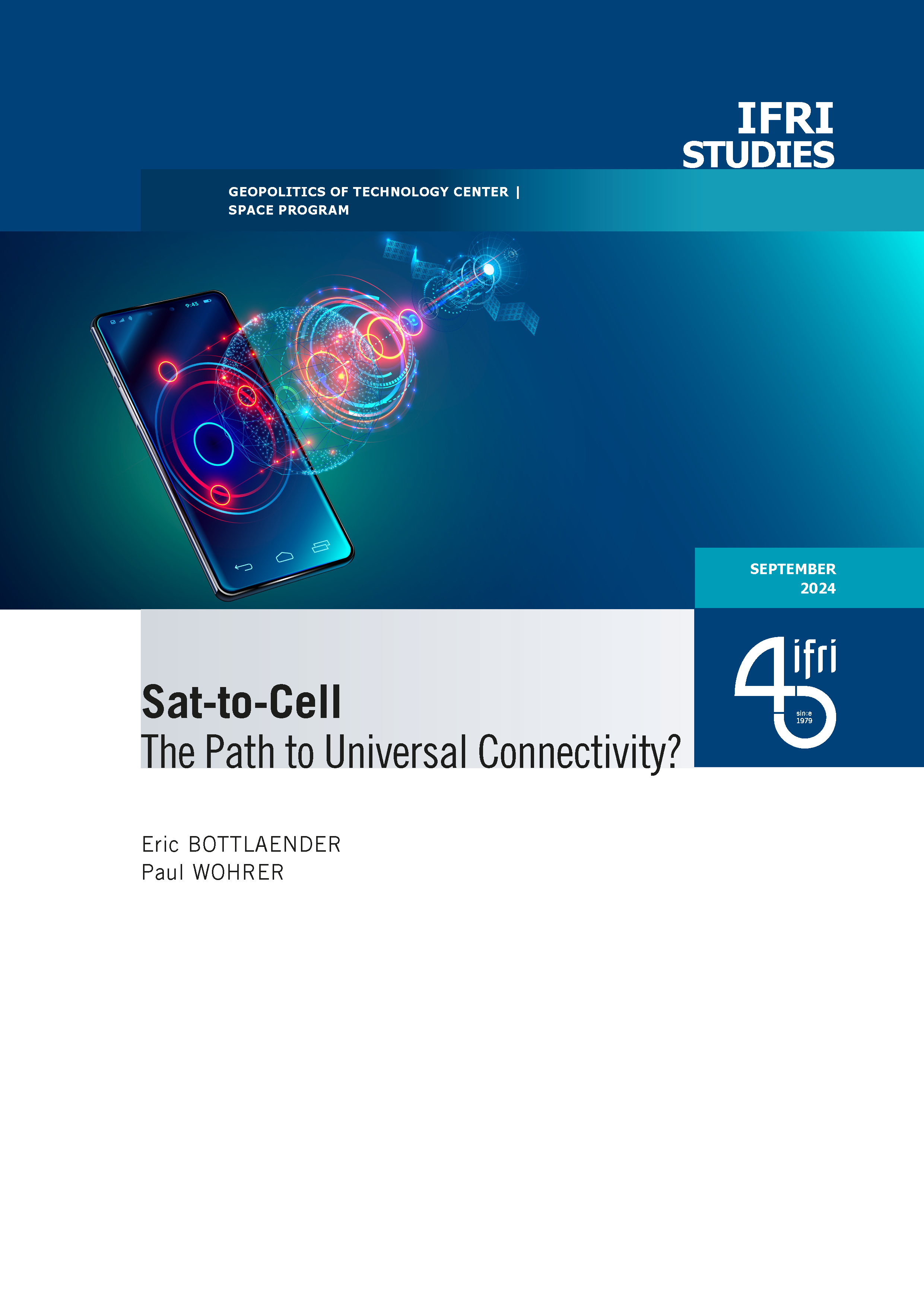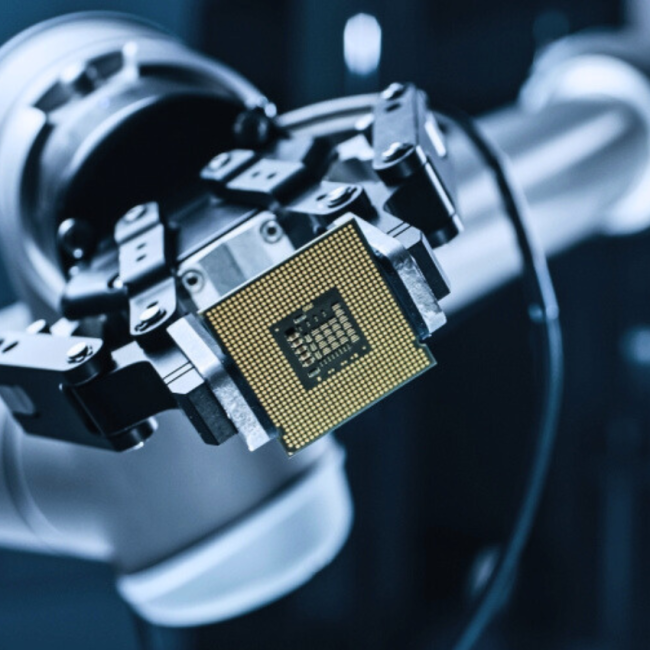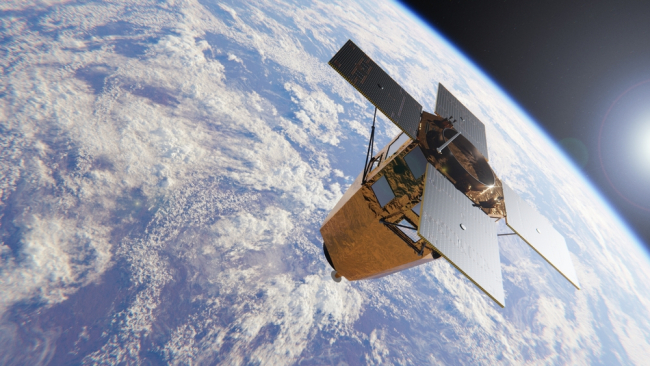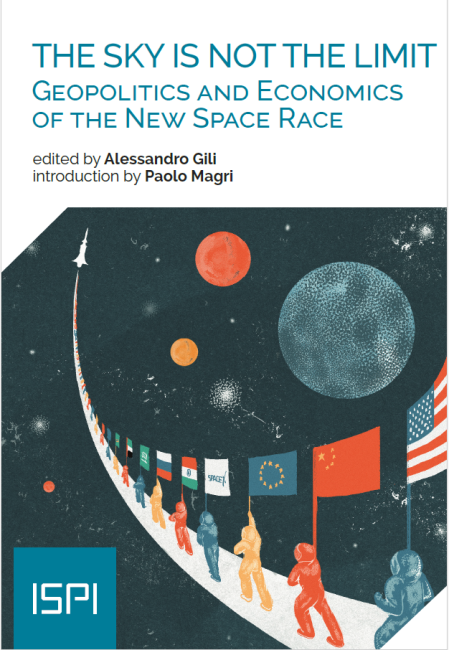Sat-to-Cell: Towards Universal Connectivity?

Sat-to-Cell is a new type of service that connects smartphones directly to satellites. It has recently enabled innovative applications such as emergency text messaging via satellite. The technology is developing rapidly, and many questions are now being raised about its potential impact.

The emergence of Sat-to-Cell is enabled by the development of space technologies, in particular large satellite constellations. The regulatory framework has also evolved with the involvement of standardization bodies, which helped implement this type of service. As a close technological relative of the Internet of Things (IoT), its dynamics are dominated by American and Chinese companies, while European actors are almost absent. SpaceX appears in a particularly strong position to exploit this new market.
In addition to economic issues, geopolitical questions are also raised by these new applications. A global connectivity infrastructure could enable the emergence of new military uses, new regime destabilization operations or even the end of state control over the Internet in certain countries. It seems necessary to anticipate possible changing use cases and to adapt to them.
Sat-to-Cell is still in its infancy and cannot compete with established networks in the short term. Its accessible market remains uncertain, and there is a risk of interference with terrestrial operators. However, there are several reasons to see it as a potentially disruptive technology whose development should be monitored.

Available in:
Themes and regions
ISBN / ISSN
Share
Download the full analysis
This page contains only a summary of our work. If you would like to have access to all the information from our research on the subject, you can download the full version in PDF format.
Sat-to-Cell: Towards Universal Connectivity?
Related centers and programs
Discover our other research centers and programsFind out more
Discover all our analysesThe Sustainability of Space Operations: An Opportunity for European Leadership?
As space becomes a key arena for power projection strategies, while facing growth and diversification of orbital activities, the concept of “space sustainability” is emerging as a new framework of analysis for space governance.
The European Space Model: Renewing Ambition in a Changing Strategic Landscape
The European space model, based on science, cooperation and trade, is now being undermined by changes in international relations and the economic upheavals brought about by New Space. In light of the war in Ukraine and American disengagement, Europe needs to rethink its strategy by adding a fourth pillar dedicated to defense, in order to strengthen its sovereignty and deter possible aggression against the continent.
NATO's New Ambitions for Space
Ahead of Russia's invasion of Ukraine, a devastating cyber attack targets Ukrainian army communications, exposing Western dependence and vulnerability to space technologies, and calling NATO's defensive posture into question.
China in International Space Cooperation: Heading South
In only three decades, China has become one of the world’s top space powers. At the turn of the 2020s, almost suddenly, China became the main challenger to the US, although with a significant remaining gap to bridge.












